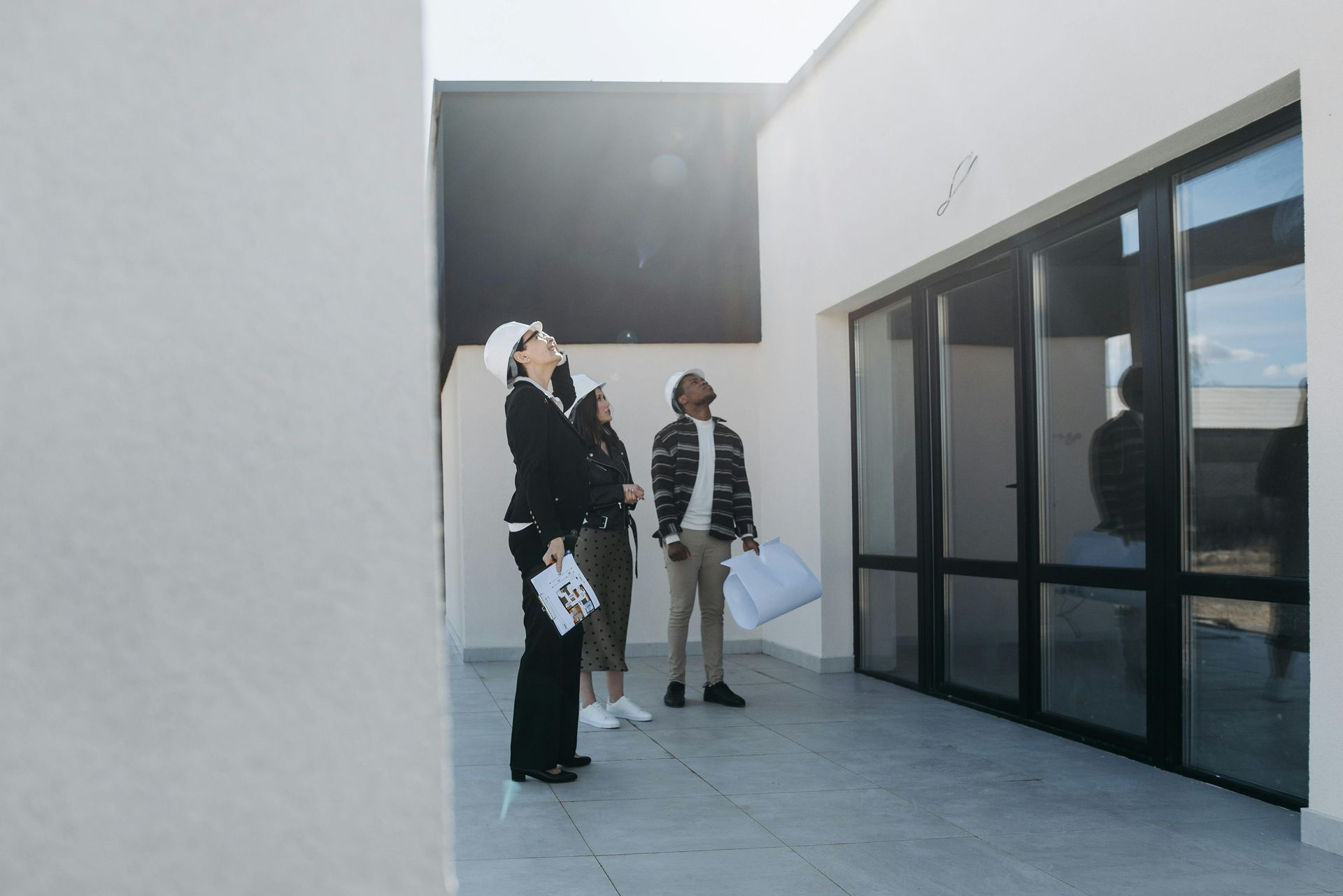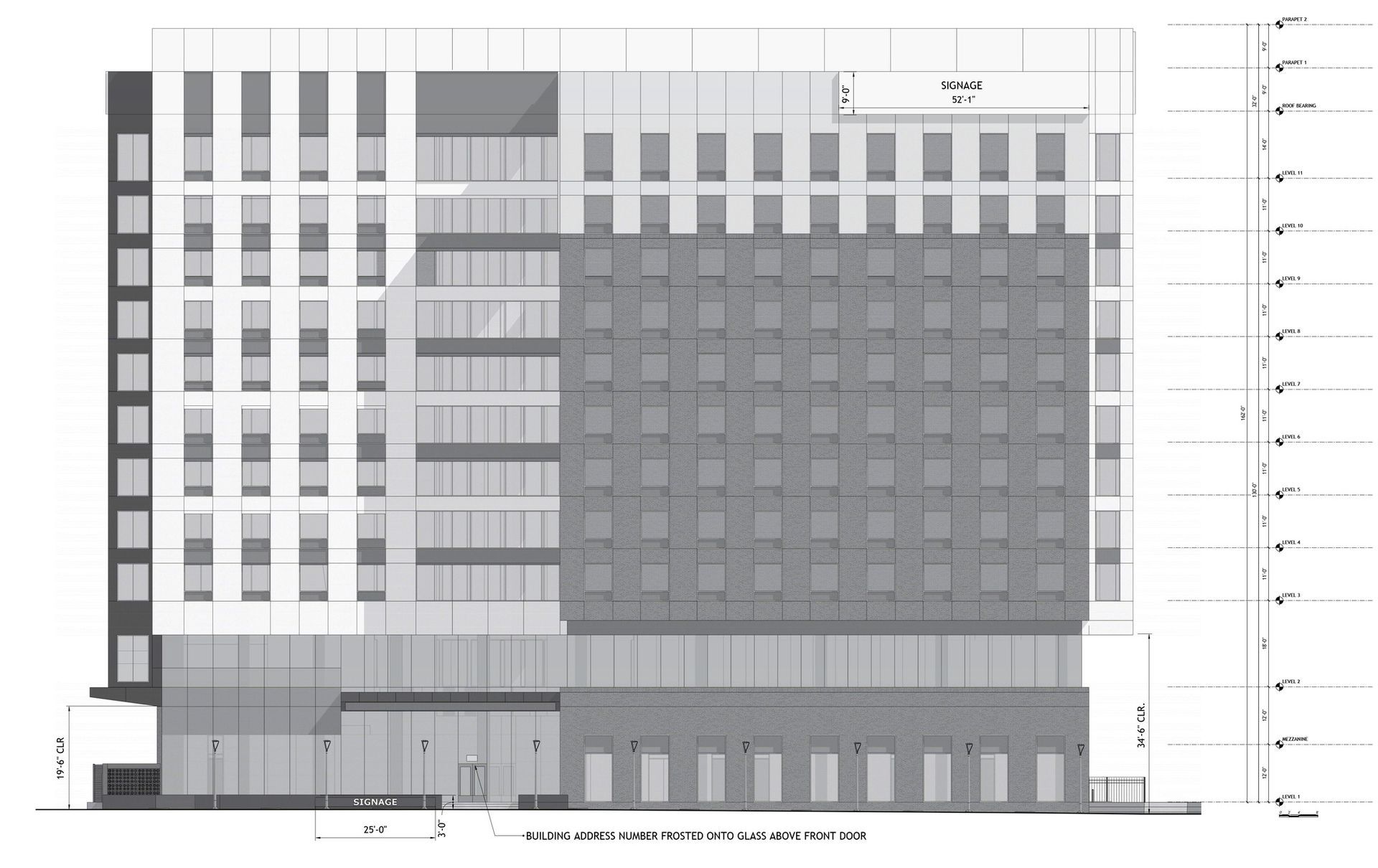Notable Tampa Real Estate Development: Darryl Shaw
Darryl Shaw is perhaps one of the most influential names in the Tampa Bay area currently. The 57-year-old, who co-founded BluePearl has spent the better part of the last decade compiling an impressive real estate portfolio of Ybor property along with his business partners. Shaw is described as polite, knowledgeable, yet reserved by those who have met him. Shaw has become a more recognizable name in the real estate world, and his portfolio has caught the eye of the Tampa Bay Rays, who have expressed interest in two properties that Shaw has an ownership stake in.
Shaw amassed a fortune in the veterinary world and is risking the bulk of that to invest in Ybor’s future. Shaw, who was born in suburban Johannesburg, spent the first eight years of his life under apartheid in South Africa. Apartheid was segregation that was used to oppress the majority nonwhite population. When Shaw looks at Ybor, he talks about the historical tight-knit community of Italians, Spaniards, and Cubans who walked to work in the cigar factories generations ago.
Now Shaw is embarking on a journey to bring Ybor City to the modern era, while remaining mindful and paying homage to the historical cultural roots that are embedded in the streets.

The project that will define Shaw and is one of the largest in recent years for the Tampa area is Gas Worx, a mixed-use development on 50 acres between Ybor City and Downtown Tampa. The project will bring nearly 5,000 residential units – including affordable housing. Office & Retail space will also define the project for years to come. Gas Worx is a partnership between Shaw and DC-based Kettler. Specifics on the development can be found here.
Even though Shaw is making a huge impact on the Tampa area for generations to come with the development of Gas Worx, he doesn't court the press. When it comes to the complexity and amount of development Shaw is completing, many are quick to compare him to Tampa Bay Lightning owner & Water Street developer Jeff Vinik. However, Vinik is noticeably more outgoing, with lots of fanfare around the work he does. Shaw on the other hand, deliberately goes under the news radar according to his associates. Tampa Mayor Jane Castor says Shaw sets himself apart from other developers for this reason. Mayor Castor describes Shaw as shy and reserved, and very thoughtful in what he says and does.
Regardless of being a more modest mannered developer, Shaw does not shy away from risks. While Shaw has been stepping up his public presence with larger roles in Ybor civic organizations, he remains somewhat of a mystery to Tampa’s business & real estate communities. Since 2014, Shaw and his partners have spent more than $110 million on property in and around Ybor. Gas Worx alone is an assembly of separate parcels that are made up of much of what used to be the Tampa Park Apartments. When complete in the next decade, Gas Worx could be the final piece of connectivity for bringing the Ybor and Downtown Tampa communities together. A mix of residential, entertainment and work options will wrap downtown, and connect Ybor to Armature works to the west, and the Channel District and Riverwalk. Vinik and Shaw know one another, and exchange ideas and have what Shaw considers to be a good relationship.
Vinik described Gas Worx as the latest example for Tampa Bay to become a national magnet for young professionals who want an urban green space to live near work, and with an abundance of entertainment options close by.
Shaw is not shy about the importance of building personal relationships in business either. Shaw has worked to form relationships with key players in Ybor’s real estate such as the Capitano family, and Jacob Buchman – people who have had generations of family history in the historic neighborhood of Ybor.
Buchman sold Shaw his first building in Ybor, in 1988. Now 77, Buchman looks back at Shaw and admires him. The building that Shaw bought collapsed in the streets just months after being purchased. Buchman never received a phone call, and Shaw never said anything to him about it. When coming back to the real estate market in Ybor, Shaw looked Buchman up. He introduced Shaw to the Capitanos – owners of Radiant Oil and major landowners in Ybor City.
Shaw has listened to the stories of those who have lived in Ybor, and whose families have been there for generations. He describes Ybor as a tight-knit walkable community. His inspiration or Gas Worx, Chicago’s Fulton Street Market is an example of a historic neighborhood that’s been reinvented for the 21st century.
Gas Worx phase one broke ground in March, with work beginning on the first apartments that will be available starting in 2024. As well as Gas Worx, Shaw has recently unveiled plans to redevelop the Ybor Channel and began purchasing the first parcels in late 2022. He has also pitched Collaborative Werx (read specifics here)– a nod to Gas Worx that plans to provide fully integrated office space designed for the defense industry.
With Shaw making big moves with more expansive and expensive developments, some of his work has gone under the radar. Ybor’s historic Seventh Avenue – known for its nightlife is also undergoing a transformation to attract more daytime visitors. Richard Gonzmart, owner of The Columbia Restaurant – an anchor of Ybor and Seventh Avenue since opening its doors in 1905, has been planning a Sicilian Market in Ybor since 2016. Freshly baked bread and fresh brewed coffee will fill the air with aromas to attract patrons and is exactly what Shaw envisions for the rebirth of Ybor’s historic district.
Shaw has restored the façade of a building on the 1500 block that once held a tattoo shop and is now leasing the space to a new concept called Cheeseology. The store will hold cheesemaking classes and sell charcuterie items. A concept that is notably different from Seventh Avenue’s bars and nightclubs. Centro Ybor – on 8th Avenue promises 10 rooms - a food and retail hub will soon open.
Shaw has owned the former site of La Tropicana Café since 2016, and the café closed its doors during the peak of COVID-19 and has sat vacant since then. Shaw hopes to bring the right mix of tenants to the historic storefronts he owns. DC-based Of Place, a placemaking and development consulting firm also involved with Water Street has been hired by Shaw to help him achieve the mix of tenants that will attract more visitors to Ybor.
Shaw has filled gaps between Ybor’s historic district and the mixed-use Ybor Channel and Gas Worx with smaller projects such as Pete’s Bagels – a café that opened on East Fourth Avenue in March. Connected to Pete’s Bagels is a dog park that Shaw opened under his non-profit Friends of Ybor. Shaw is also a partner in a townhome project that Alliant Partners and ELK Development are building on 17th Street and 16th Street. Ybor currently has 3,000 residents and Shaw wants that number to nearly triple to 10,000.
Shaw has been busy with leasing spaces he owns as well. The Tampa Pickeball Crew signed a lease in March for one of Shaw’s warehouses to open and operate indoor pickleball courts. A Gold’s Gym Franchisee also signed a lease for a Shaw-owned warehouse on North 12th Street.
While Pete’s Bagels, Cheeseology, and Pickleball courts are small businesses, millions of dollars away from Shaw’s investment in Gas Worx and the Ybor Harbor, they do the job when it comes to drawing people into Ybor. Shaw notices already that Ybor is becoming a new neighborhood with residents out for early morning jogs, and women feeling safe to walk alone – something that hasn’t always been the case for Ybor.
Shaw is undertaking a strategy of addition when it comes to revamping Ybor. If concepts such as Cheeseology can survive on 7th Avenue, known widely for its vibrant night life with bars and clubs, then a new light may shine on the city’s busiest nightlife district.
In addition to Shaw’s impressive real estate portfolio, it has recently been announced that Shaw and his friends David Laxer (Bern’s Steakhouse Owner), and Jeff Fox (Former BluePearl Chief Information Officer) will bring a women’s soccer team to the Tampa Bay Area.

Shaw, Laxer, and Fox will co-own the USL Super League Tampa Bay Team. The USL team comes after an expansion of the National Women’s Soccer League to Tampa Bay was denied.
Tampa based USL will introduce the Super League to markets around the United States, with teams in Dallas, Charlotte, Lexington, Spokane, and Washington D.C. The name for the Tampa team has not yet been announced. The league wants its clubs to play in soccer-only stadiums and will add teams in Jacksonville, FL, Madison, WI, and Oakland, CA pending completion of soccer stadiums.
Shaw, Laxer, and Fox have played soccer together for years and Laxer previously owned the Tampa Bay Rowdies. Shaw had even once dreamed of playing professionally. A franchise fee for the team has not been disclosed, but Shaw does not expect that owning the team will be necessarily profitable. He has described the endeavor as a “passion project”, with finances in the early days to not be too favorable.
The team does not have a stadium yet, and the owners are looking for a temporary space with a goal of building a stadium that includes office space for team personnel. Shaw has assembled dozens of properties in the Ybor City area and would prefer to build a stadium there. The league requires a minimum of 5,000 seats which Shaw finds ideal for the area.
The USL Super League hopes to become a first-division professional women’s soccer league, joining the NWSL in the top level under U.S. Soccer’s sanctioning system.
Shaw is proving to be a force to be reckoned with, and with Gas Worx only recently breaking ground on phase one, it can be certain Shaw will remain in the spotlight for his work for years to come.

Sources: Tampa Bay Times | Tampa Bay Business Journal | Creative Loafing Tampa Bay | TBBJ
Thank you for your interest. If you are in need of Appraisal & Valuation Solutions in the Tampa Area, contact:
SHARE CONTENT





